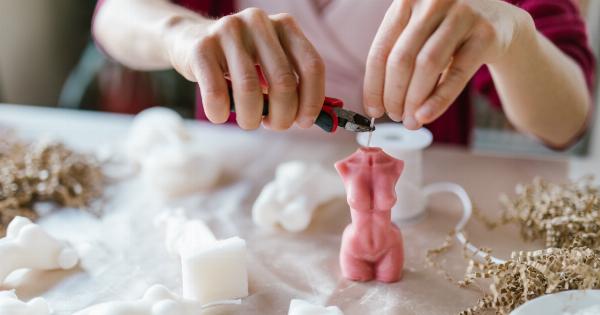Soft drinks have become a popular drink choice around the world. They are often consumed in large quantities and on a regular basis. However, many people fail to realize the negative impact soft drinks can have on their dental health.
This article will explore the dark side of soft drinks on dental health, including how they cause dental erosion, cavities, and even tooth loss.
What are Soft Drinks?
Soft drinks are beverages that are typically carbonated and contain added sugars or artificial sweeteners. They are often consumed as a substitute for water or other healthy drinks and are marketed as refreshments that help to quench thirst.
Soft drinks can be purchased in supermarkets, vending machines, and fast-food outlets. They typically contain a high amount of sugar and calories and are often criticized for their negative impact on health.
How Soft Drinks Affect Dental Health
Soft drinks can cause several negative effects on dental health. They contain high levels of sugar or artificial sweeteners, which provide an ideal breeding ground for harmful bacteria.
When these bacteria feed on the sugars, they produce acid as a by-product. The acid then attacks the enamel on the teeth, leading to dental erosion and cavities. Soft drinks can also stain teeth and cause bad breath.
Dental Erosion
The acid produced by bacteria in soft drinks softens and dissolves the enamel on the teeth, leading to dental erosion. Dental erosion can cause sensitivity and pain and can ultimately lead to tooth loss.
Drinking soft drinks regularly can increase the risk of dental erosion, especially if the drinks are consumed at a young age. Children and teenagers who regularly consume soft drinks are at a higher risk of dental erosion, as their teeth are still developing and their enamel is thinner than in adults.
Cavities
Cavities form when the acid produced from bacteria in soft drinks attacks the enamel on the teeth. The acid causes tiny holes or cavities to form in the teeth, which can become larger over time.
Cavities can cause pain and sensitivity and can lead to tooth loss if left untreated. Children and teenagers who regularly consume soft drinks are at a higher risk of cavities, as their teeth are still developing and their enamel is thinner than in adults.
Tooth Loss
The combination of dental erosion and cavities caused by soft drink consumption can ultimately lead to tooth loss. When the enamel on the teeth is eroded and cavities are present, it weakens the tooth structure and makes it more susceptible to breakage.
If the damage is severe enough, the tooth may need to be extracted.
Preventing Soft Drink-Related Dental Issues
The best way to prevent dental issues caused by soft drinks is to limit consumption. It is recommended that people consume soft drinks in moderation and as a treat rather than as a regular drink.
Additionally, it is important to brush and floss regularly, visit the dentist for regular check-ups and cleanings, and consume a balanced diet that is low in sugar and high in fruits and vegetables.
Alternatives to Soft Drinks
There are many alternatives to soft drinks that are better for dental health. These include:.
- Water – the best drink for dental health and overall health
- Milk – contains calcium and other nutrients that are important for dental health
- Tea – contains antioxidants that are good for dental health
- Coffee – contains antioxidants that are good for dental health, but should be consumed in moderation due to potential staining of teeth
Conclusion
Soft drinks may be delicious and refreshing, but they are not good for dental health. They contain high levels of sugar or artificial sweeteners, which can lead to dental erosion, cavities, and even tooth loss.
To prevent these issues, it is recommended that people limit their consumption of soft drinks and focus on drinking water and other healthy beverages. Additionally, regular dental check-ups and cleanings can help to prevent and treat any dental issues related to soft drink consumption.





























